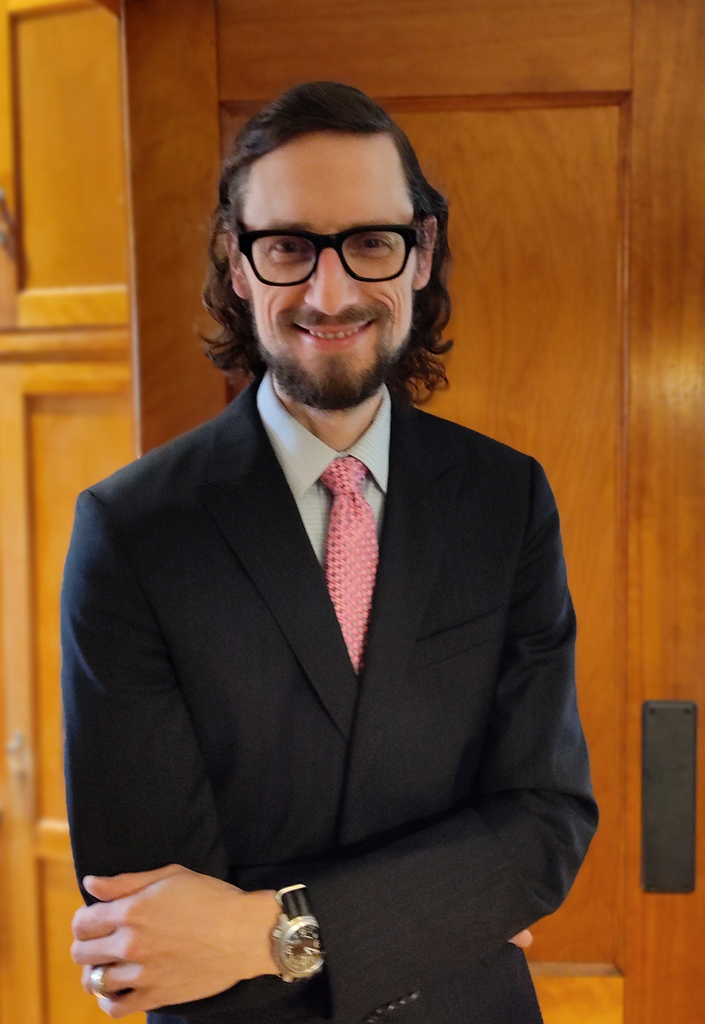Patents are available for inventions. Software per se is not patent eligible—source code text is copyrightable instead. But a system, apparatus, or device configured to execute particular software-driven functions may be patent eligible and a method (or process) that is computer-implemented via software may also be patent eligible. Ornamental aspects of software-driven graphical user interfaces (GUIs) are also eligible for design patent protection. So, a software “app” (application) as a discrete whole is usually not patentable as such but a patentable invention might include or implicate some software-based aspect.
The U.S. Supreme Court has said that “abstract ideas” are not patent eligible, which narrows the types of software-based inventions that are patentable. A software-based invention that consists only of well-known concepts, mathematical calculations, data processing/manipulation/selection/presentation, what could otherwise be performed as purely mental steps, or the like plus merely generic computer hardware is generally not patent eligible. Software that provides no more than an allegedly improved user experience is also generally not patent eligible.
Patent eligibility hinges on the particular “claims” in a patent application or granted patent, which establish the scope of a patentee’s exclusive rights. More narrowly-drawn claims that focus on a particular inventive feature (e.g., a detailed computer-implemented algorithm) that solves a specific technological problem (e.g., improves computer hardware performance as a tool or transforms physical outputs in a new or improved way) are more likely to be patent eligible than broad, highly abstract claims (e.g., attempting to patent any insertion of an ad before an online streaming video plays). In this sense, software patent eligibility is highly dependent on how the claims are written, an area where patent applicants have wide latitude. Attempts to obtain a broad “preemptive” (or we might say greedy) patent monopoly that exceeds the quid pro quo of the inventor’s contribution to the useful arts raise the most concerns.
Additionally, a software-based invention must be both novel and non-obvious over the prior art to be patentable, just as with any type of invention. In this respect, all invention, software-based ones included, must represent a non-trivial advance over what is already known in order to be patentable. Whether the inventor actually knew about the closest prior art or not is irrelevant—any and all prior art represents a potential barrier to patenting a new invention.
In summary, while you generally cannot patent a software app as a stand-alone product, aspects of software-enabled products or processes may be patent eligible. The real answer to this question is that it often depends on the what invention is, what was known before, and how you try to claim a software-based invention in a patent application.

Austen Zuege is an attorney at law and registered U.S. patent attorney in Minneapolis whose practice encompasses patents, trademarks, copyrights, domain name cybersquatting, IP agreements and licensing, freedom-to-operate studies, client counseling, and IP litigation. If you have patent, trademark, or other IP issues, he can help.
